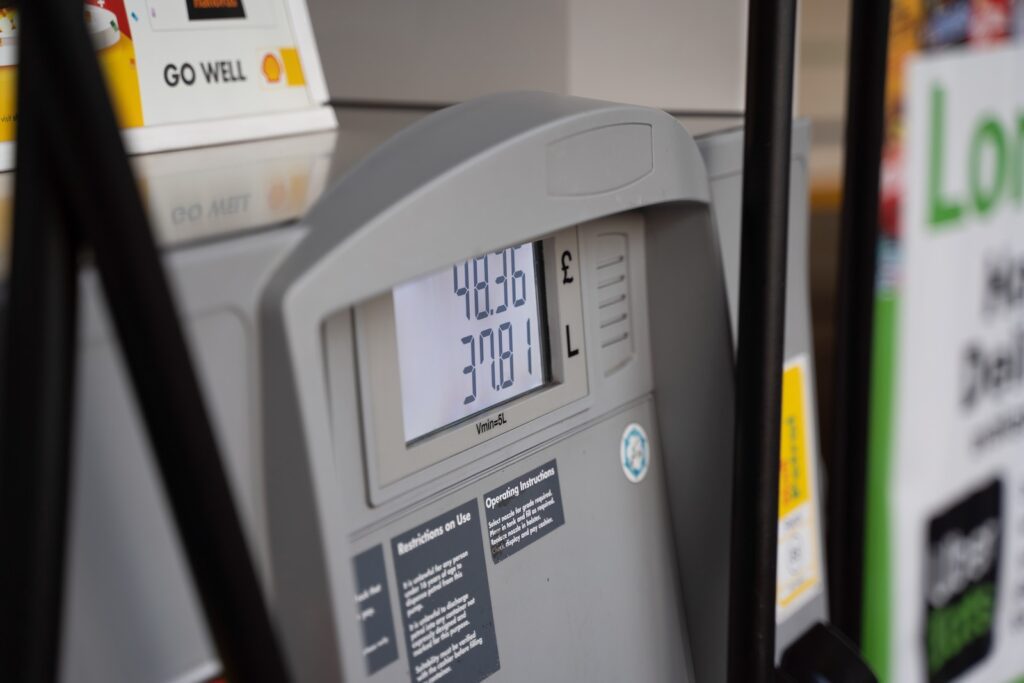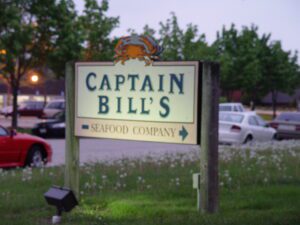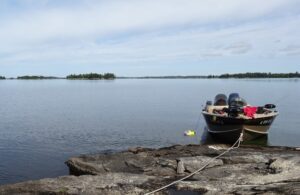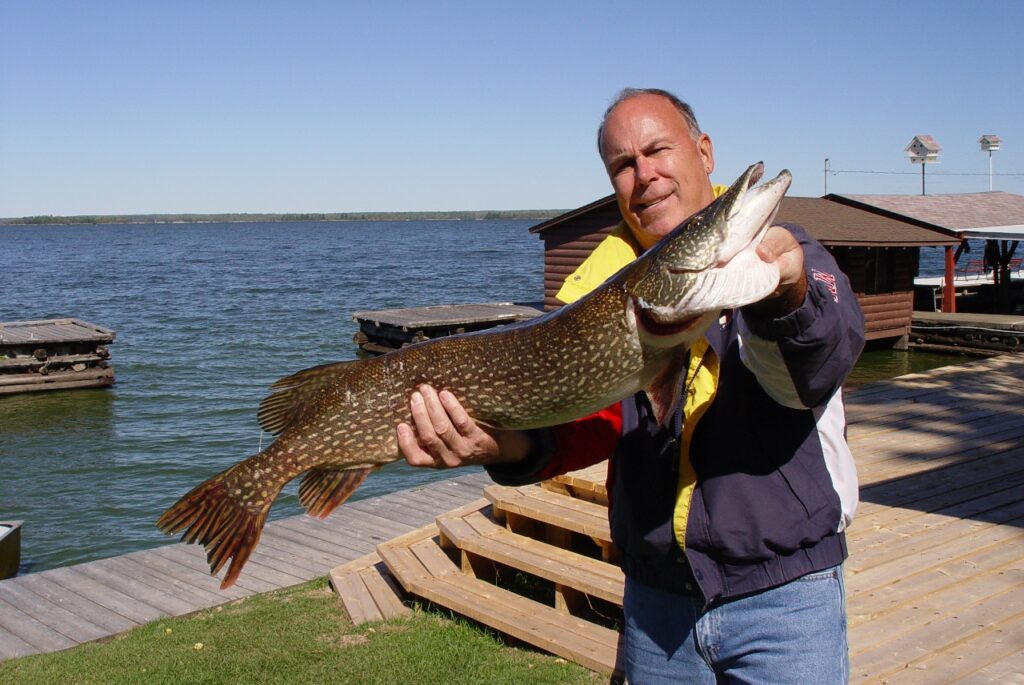Fuel economy is a measure of how far a vehicle can travel on a specific amount of fuel. The higher the fuel economy, the less fuel the vehicle uses and we all know, the less fuel we use the less that trip is going to cost!
I often tell myself that I am not as old as a recent birthday would have me be. However, there are many things that remind me – not always in a totally unpleasant way – that time is really flying past…
As a teenager who once lived near Pasadena, California, I remember working at a Shell gas station there one summer, trying to earn some additional spending money for college. I was pumping premium gas (self-serve was unheard of at that time) for $0.34 per gallon. How’s that for cheap gas?
This page may contain affiliate links, which means I may earn a small commission if you click through and make a purchase. Read our Affiliate Disclosure.
Gas Prices – Going Up!
The days of $0.34 per gallon gas are all a distant memory now. And it is very unlikely we’ll ever see that price again! Recent years have provided me with gasoline prices far more frightening than getting a bit older, but it’s better to consider ways to make our dollars go further when it comes to buying gas. With little to do to compensate (other than ride a bike or walk), what is one to do when trying to plan and budget for that summer vacation with the family?
As an example, I used to own one of those “better mileage” vehicles. I bought it because I needed a vehicle to tow a boat up to my favorite lake, which was pretty much all I used it for. Thirty years ago, I didn’t care about the fact that (A) the lake was 600 miles away and (B) that even back then, my vehicle only got 15-16 miles per gallon while towing.
But consider this: in the summer of 2004, gas averaged about $2.00 per gallon. My usual round-trip was a total of about 1400 miles. That required about 90 gallons of gas at a cost of roughly $180. Prices since then have increased greatly, but – in general – all vehicles now get far better gas mileage. And that is the good news! The other side of that coin, unfortunately, is that the cost of vehicles has increased greatly as well. My hope is that you may now be a bit more interested to know just what those little things are that can help ease the pain of the high cost of traveling by car, van, truck or some other vehicle?!
1. Check Your Tire Pressure
One can start by ensuring that one’s tires are properly inflated. Safety is an obvious issue; but keep in mind that under-inflated tires will flatten out under load and can cause steering problems at best. Under-inflated trailer tires easily become unsafe. They overheat, wear unevenly, and failure can easily occur. (See my article about Towing and Trailering.) Tires that are allowed to run at 20% less than recommended pressure will cost you a 15% decrease in gas mileage. They will wear faster, causing a need for replacement to occur earlier. In my case, my “new” gas bill would cost me a whopping 18% more in fuel costs. So… My suggestion?
Spend a few bucks on a good air gauge and make certain proper inflation is the rule and not the exception. Check your owner’s manual or call your mechanic to see what the recommended tire pressure should be. You can also simply look on the tires and see what the maximum allowed pressure is. Increase – or decrease – your tire pressure accordingly.
Make certain to always add air when the tires are cold. As an example, my tires indicate a maximum pressure of 44 psi under maximum load. On a trip – with the car loaded – I inflate them to about 39 psi. It really helps gas mileage!
2. Change Your Air Filter
The second thing one can do is to ensure that you have a clean air filter is installed. A dirty/clogged filter can reduce mileage by as much as 10%. Even if one thinks that number is high, what would another 5% reduction in gas mileage add to my fuel bill? (About another $20!)
The price of an air filter – especially if you buy and install it yourself (which is easy) – will more than pay for itself in increased gas mileage.
AdvanceAutoParts.com makes it easy to find the correct air filter for your vehicle by entering in the year, make and model. You can also add your vehicle into your online profile so that the next time you need an air filter, you won’t have to search!
3. Slow Down!
Slow down! I know you are in a hurry to get to that cabin and go fishing and water skiing. But high speed alone, without any other issues, can cause your fuel bill to skyrocket.
Every summer I drive north to my favorite fishing hole and every summer it seems as if folks are driving faster and faster. It’s an American thing: Bigger, Better, FASTER! That’s the way we think and that is therefore the way we drive. We just have to get there as fast as possible.
But consider this: Over one-half of the energy required to move your car down the road is spent pushing air out of the way. The faster you drive, the more the aerodynamic drag and rolling resistance increase. And the fuel economy rapidly decreases at speeds above 60 mph. I know, I know: the speed limits are now mostly 70 mph. Just sayin’!
Each 5 mph over 60 mph can cause as much as a 7% decrease in fuel economy. Ignoring the safety issues for a moment, high speed driving will hit you hard in the wallet! It is basically the same as paying an additional $0.10 – $0.20 per gallon for gas. At 70 miles per hour with a dirty air filter and tires under-inflated by 20%, 15.5 mpg is effectively reduced to as little as 11 mpg. Think that’s too low?
4. Keep Your Vehicle Clean
Keeping your vehicle clean and waxed reduces drag and therefore increases fuel economy. And as for the air conditioner issue, today’s vehicles are much better at cooling without affecting gas mileage. This is due, in part, to the engine size. On long trips at constant speeds, using the AC is better than driving with the windows open because of the increased drag caused by open windows at highway speeds. I also like to use Rain-X on my windshield before traveling. It also reduces drag and also helps visibility during downpours.
5. Use Your Cruise
Use cruise control, if you have it (all new cars have it)… especially when driving on flat and level roads; however, the engine works too hard to quickly get back up to speed when climbing hills, so release the cruise for those times.
6. Reduce Your Load
Take excess and unneeded items out of both your car and your boat. Reducing the amount of extra “baggage” will also reduce your fuel consumption!
7. Use the Web
Check websites like GasBuddy.com before you leave to find out where the best gas prices are. Even a few cents a gallon can really add up over the long haul. And now, almost everyone has a smart phone, allowing you to check prices on the fly!
8. Maintain Your Vehicle
Try to keep your vehicle tuned and well-maintained. Clean spark plugs and clean oil help to make your vehicle run more efficiently and produce better gas mileage. Your car will also last longer!
9. Double-Check Your Route
Don’t always count on your GPS. Make certain you have the right maps in your vehicle as a backup plan in the event of an accident, road construction, bad weather, etc.
And make certain you are traveling the shortest possible distance with the fewest number of stops – needless idling and extra miles waste a lot of fuel!
10. No Jack-Rabbits Allowed
You’ve heard it many times before, but “jack-rabbit” starts and hard-breaking stops will hurt your pocket book, both at the pump and at the repair shop when the breaks need to be replaced.
On the road, allow yourself ample space around your vehicle to ensure your safety.
As always, my concern is to see that you and your family get to where you are going and back home… safely. But with a little forethought and vehicle maintenance, you just might get there and back more economically as well.
And then you may just have that extra cash available that would have been left on the highway as tire rubber, gas fumes and frustrations. Follow these tips and have a great vacation!
See you On the Lake!
R. Karl








